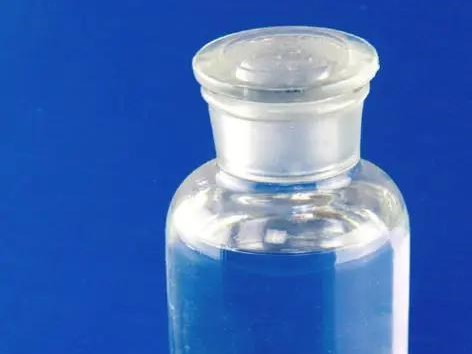
MSE PRO High Purity (99.98%) Vinylene Carbonate (C3H2O3) for Battery Research
SKU: CM1041
High Purity (99.98%) Vinylene Carbonate (C3H2O3) for Battery Research
Vinylene Carbonate (C3H2O3) is often utilized as solvents for lithium-ion battery electrolytes. It is electrochemically active and decomposes at low anodic potentials on lithium metal anodes, forming polymeric species that often yield a desirable solid-electrolyte interphase. It is frequently used as a co-solvent with other carbonate solvents in lithium-ion battery electrolyte formulations to improve the performance and stability of the battery.
Specification
| Item | Value |
| Product Name | Vinylene Carbonate |
| Chemical Formula | C3H2O3 |
| Synonym(s) |
|
| SKU# |
|
| CAS# |
872-36-6 |
| Molecular Weight | 86.05 g/mol |
| Appearance | Colorless and transparent liquid |
| Purity | 99.98% |
| Degree of Solubility in Water | 515 g/L at 20 °C (68 °F) |
| Melting Point | 15-22 °C (59-72 °F) |
| Flash Point | 80 °C (176 °F) at 100.3 kPa |
| Boiling Point | 168 °C (334 °F) |
| Density | 1.36 g/mL at 25 °C (77 °F) (lit.) |
| Vapor Pressure | 335 Pa at 24 °C (74.8 °F) |
| Storage Condition | 0-10 °C (32-50 °F) |
References
[1] DC conduction mechanism in plasma polymerized vinylene carbonate thin films prepared by glow discharge technique. Polymer Science Series A 53 (2011): 85-91.
[2] Vinylene Carbonate. Encyclopedia of Reagents for Organic Synthesis (2001).
